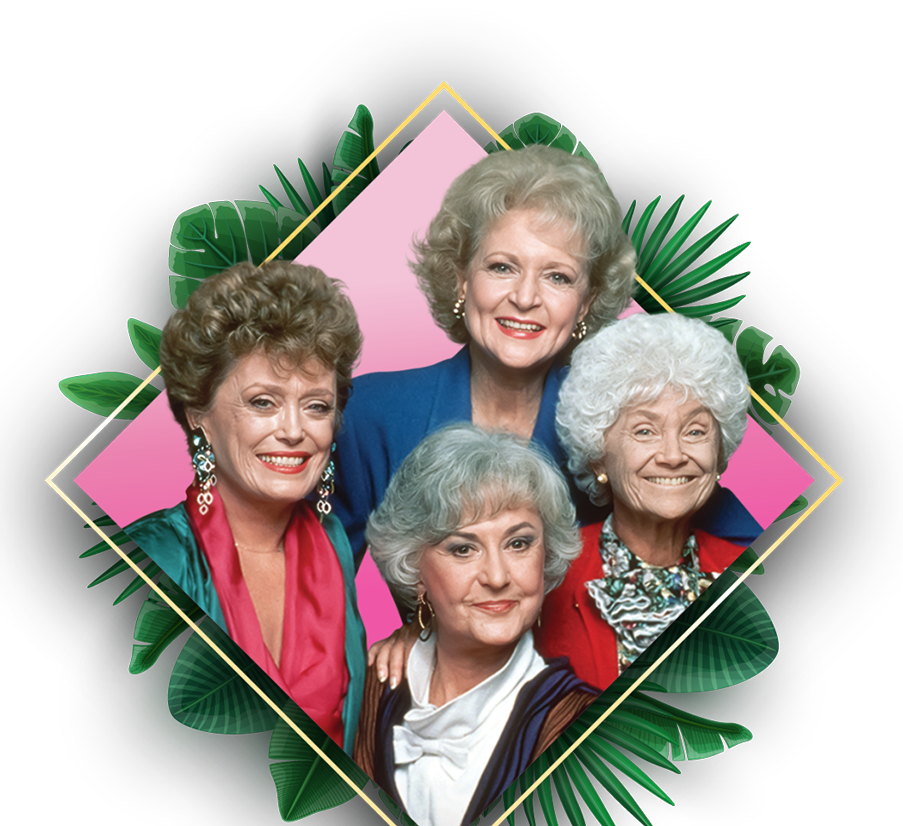''Dum-de-Dum-Dum'' — Dragnet's famous score may have been plagiarized
Something might sound familiar in 1946's The Killers.
Four notes made Dragnet one of the most famous police procedurals in the history of American television. Yes, the show wouldn't have succeeded without Jack Webb at its center.
Of course, Harry Morgan was the perfect co-star in creating one of the most significant versions of the show. But, it cannot be ignored that the show was buoyed by one of the all-time most unforgettable TV scores.
The show's orchestrator, Nathan Scott described the theme song perfectly:
"The theme was kind of martial, and the police dialogue was very rigid, clipped, and kind of militaristic in a sense. It seemed to fit, and so we stuck with it."
It won't surprise fans to learn that the score predates the Dragnet TV show, because it was carried over from the successful radio program. However, it might come as a shock to learn that those notes in that order existed long before Sgt. Joe Friday locked anybody up.
Television theme song historian Jon Burlingame uncovered the score's secret history in his 1996 book TV's Biggest Hits: The Story of Television Themes from 'Dragnet' to 'Friends'. The story is fascinating, as far as TV theme song origins stories go.
"The Dragnet motif actually originated in Miklós Rózsa's score for The Killers (1946). The Hungarian-born Rózsa won Academy Awards for scoring Spellbound and A Double Life.
"In The Killers, based on an Ernest Hemingway story, those four insistent notes served as the underpinning of the main title, then resurfaced periodically as a leitmotif, or recurring theme, to characterize the cold-blooded murderers of the film's title. As harmonized, the motif was actually more sinister and menacing in The Killers than ever heard on Dragnet. But the association of that music with a crime drama might well have led one to the conclusion that a musical borrowing had taken place."
Dragnet composer Walter Schumann joined the Dragnet team shortly after the show debuted on NBC radio in 1949. He would eventually become the first to ever receive an Emmy for original music in television. The theme was also the first to ever crack the record charts.
Robbins Music Corp., a music publisher for Universal Studios, formally accused Schumann of copyright infringement. The dispute resulted in an out-of-court settlement of $100,000, with a 50/50 split between Rózsa and Schumann for any future royalties.



















































